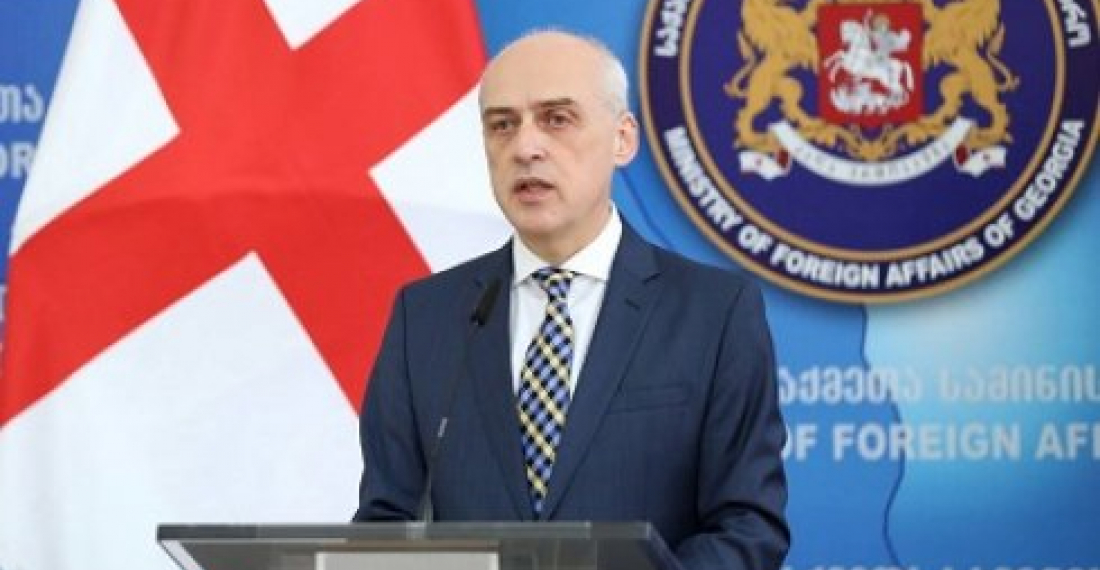It is important that there is no military influence on the Baku-Tbilisi-Ceyhan oil pipeline, since it is a strategic facility not only for the region, but also beyond its borders, Georgian Foreign Minister David Zalkaliani said after a government meeting at a briefing.
"Of course, projects of strategic importance that goes through the South Caucasus are an area of interest for us of the utmost importance, and in this direction we are constantly monitoring situation. We are talking as with our partners in the region, directly with those countries through whose territory an object of strategic importance passes, as well as with our strategic partners, since it is these strategic objects that are the guarantor of the region's security," Zalkaliani said.
"It is very important for us that there is no military impact of any kind at these facilities. The oil pipeline is an extremely important facility that plays an important role in the energy security of the region and the European Union as well," Zalkaliani said.
source: commonspace.eu with agencies






